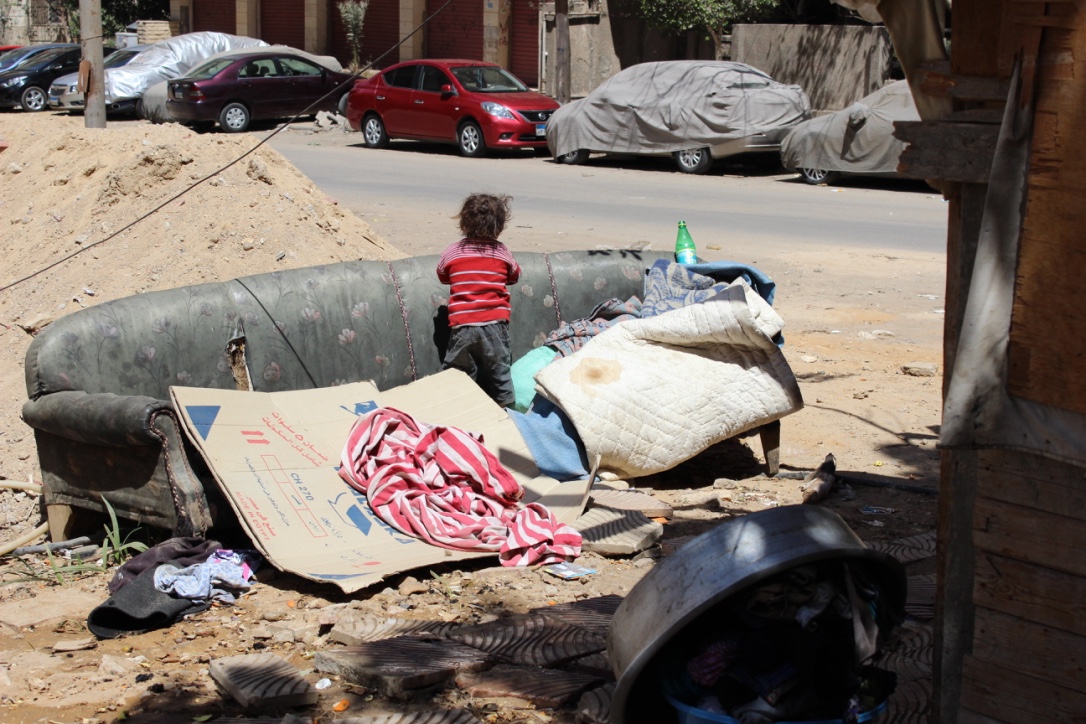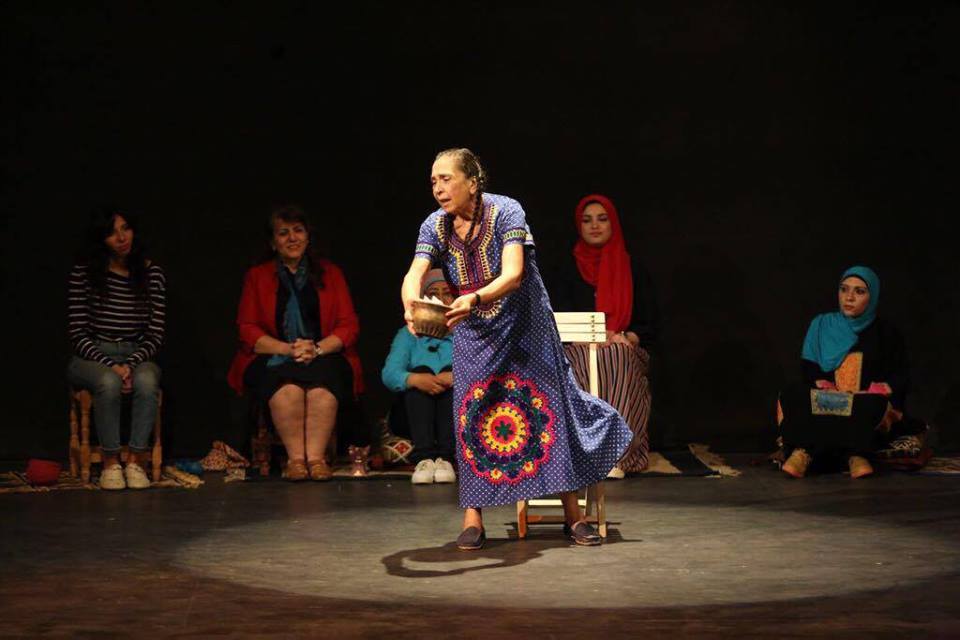New ‘Ultra-Poor’ Program Aims to Reduce Poverty and Encourage Social Development
By: Nada Darwish
Follow @nadadarwish_
Improving the quality of education is critical to lifting millions out of poverty and encouraging social development, said Ford Foundation International Professor of Economics at the Massachusetts Institute of Technology (MIT) Abhijit Banerjee.
Banerjee delivered a lecture titled “Reducing Poverty and Promoting Social Development: How Evidence Can Inform Better Policy in MENA” at the Campus Conference and Visitor Center.
During his lecture, Banerjee focused on how ‘ultra-poor’ households can be provided with assets, training, regular coaching, access to saving and consumption support that would lead to large and lasting impacts on their standards of living.
He began by introducing the Abul Latif Jameel Poverty Action Lab (J-PAL), which is a center at MIT’s Economics Department that aims to reduce poverty by ensuring that policy is informed by scientific evidence.
“We train implementers and policymakers on how to become better producers and users of evidence through impact evaluations,” he said.
Data gathered from impact evaluation, also known as randomized evaluation, is used by J-PAL to develop effective policies and programs tailored to the unique needs of the MENA region.
J-PAL currently has over 850 ongoing and completed projects across eight different economic sectors in 80 countries.
Banerjee turned to India to discuss how J-PAL contributed in promoting social development.
Ninety-six percent of children in India aged between six and 14 are enrolled in school but still receive poor quality education, he added.
“Fifty-two percent of all children in India in grade five could not read at grade two level.”
A further 72 percent of grade three students could not solve a grade two 2-digit subtraction problem.
In total, about 250 million school-age children lack basic reading, writing and numeracy skills.
Part of the reason behind these low learning levels, Banerjee said, is because an ‘overambitious’ curriculum, which incentivizes teachers to only target the highest performers.
“We doubled salaries and it changed nothing. We replaced the textbook and it changed nothing,” he said.
Banerjee added the problem is that the education system does not teach children what they need to learn, but rather “what they should be learning.”
J-PAL then worked with partners to scale up the ‘Teaching at the Right Level’ (TaRL) program, which directly tackles the discrepancy between what children should learn and what they need to.
Banerjee added that TaRL assessed children in language and math so that they could be grouped according to learning level as opposed to age.
They were then monitored, assessed and regrouped in order to track their progress.
“TaRL programs reached more than 4.7 million children in India during the 2015-2016 school year.”
Banerjee also introduced the “Graduate Approach”, which consists of six complementary components, each designed to address specific constraints facing ultra-poor households.
The first of these is called productive asset transfer, which is a one-time transfer of valuable tools of production, such as cows and goats. The second is training in technical skills, such as how to rear livestock and manage other productive assets.
The third component is called consumption support and involves households receiving cash transfers depending, which is coupled by a fourth step – encouraging savings within ultra-poor households.
The fifth component is a monitory mechanism where households receive weekly home-visits by an ‘implementing partner’ to provide coaching an encouragement. The final component is health education and access to health-care.
This ultra-poor program was implemented in a number of countries, such as Ethiopia, Ghana, Honduras, India, Pakistan and Peru. Researchers found ‘broad and lasting economic impacts’ in all six.
“Treatment group households consumed more, had more assets and increased their savings. The program also increased basic entrepreneurial activities, which enables the ultra-poor to work more evenly across the year.”
The event was organized by the Department of Economics, the Economic Research Forum (ERF) and the Sawiris Foundation for Social Development (SFSD).




